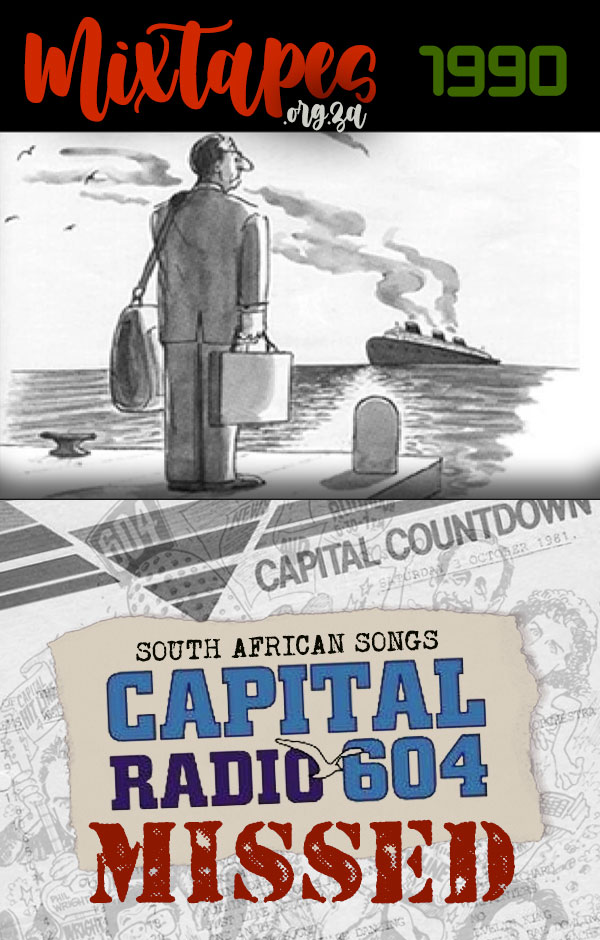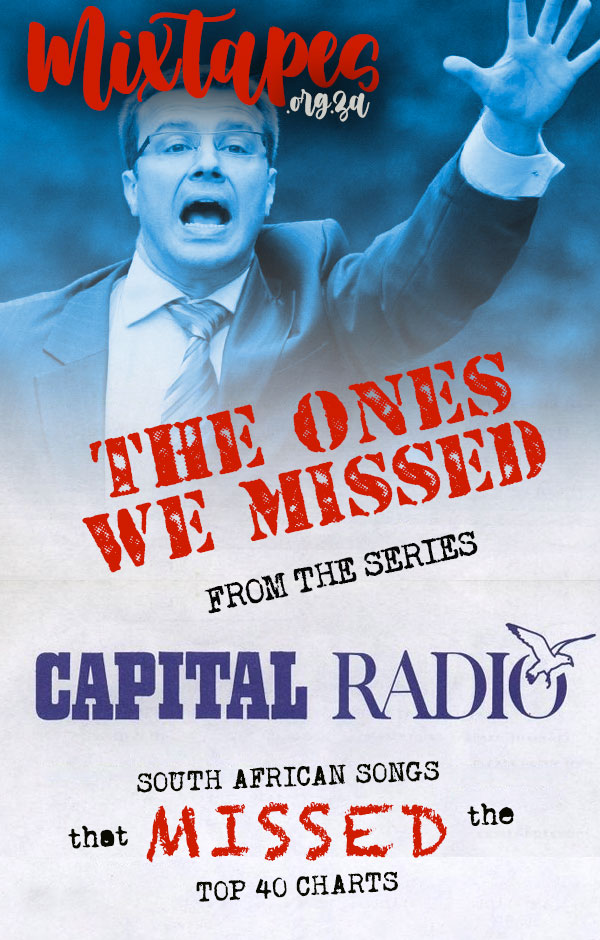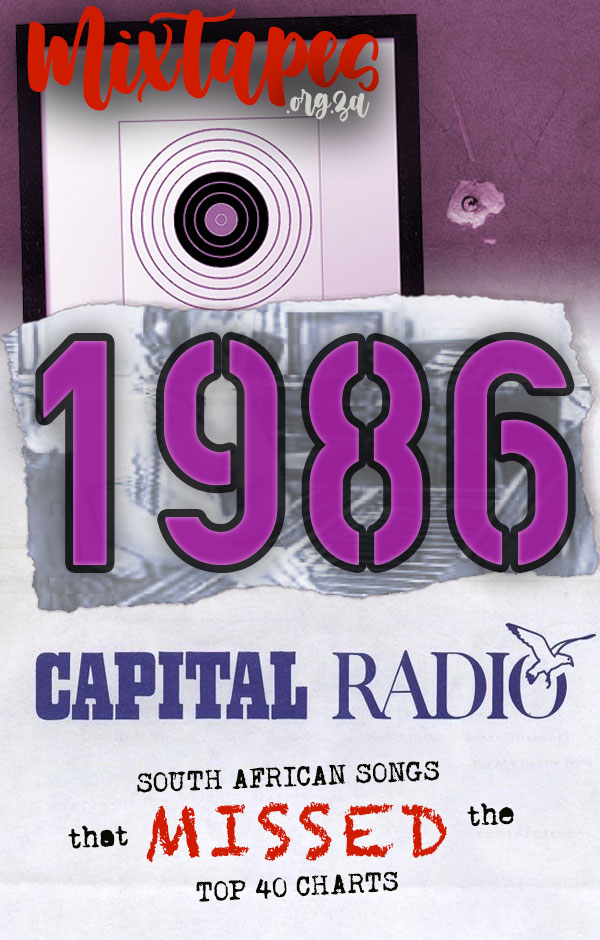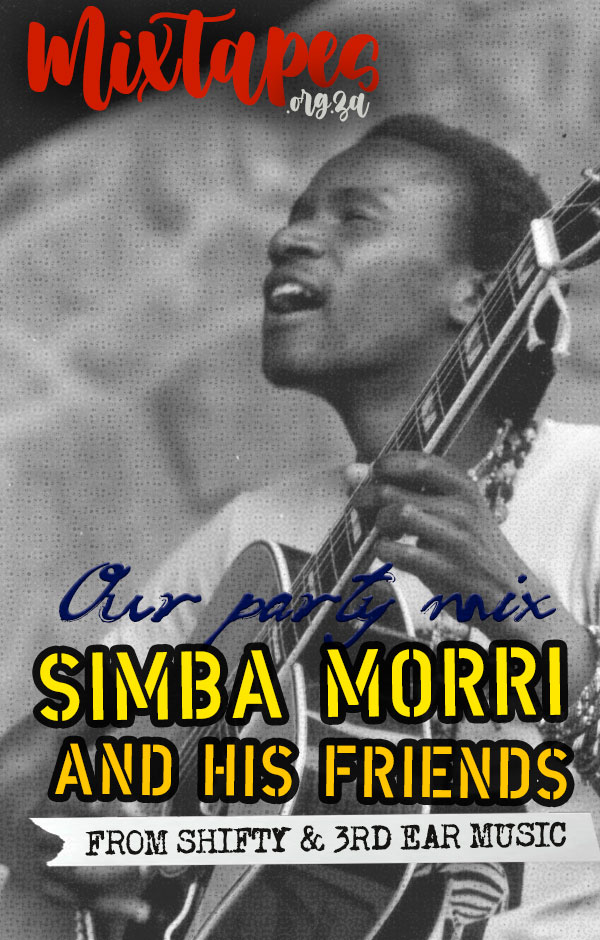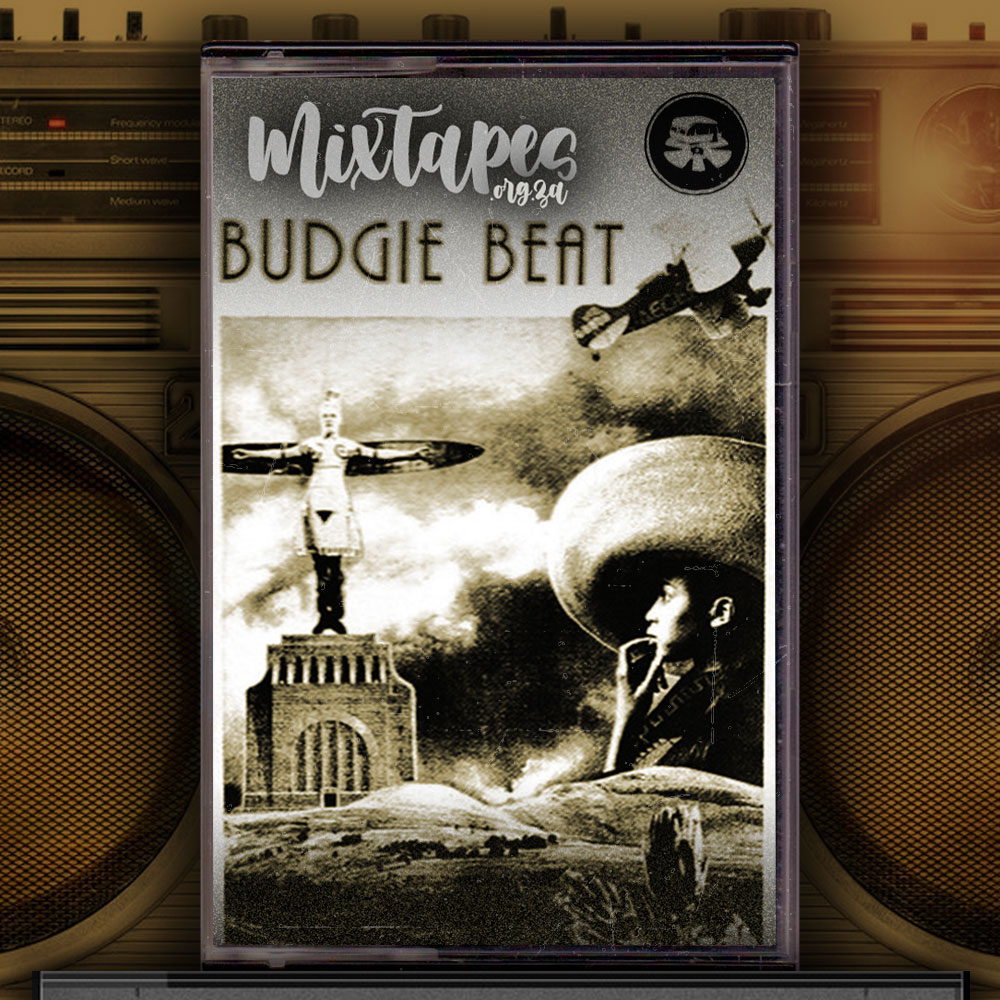
In the early 1980s if you persevered, you could seek out marginal South African musicians playing politically subversive and musically innovative music in a few live venues in the major urban areas. Rarely were such musicians ever recorded by conservative record companies afraid to rock the apartheid boat. Into this void entered Shifty Records, a maverick indie record company co-founded by Lloyd Ross. The original studio was housed in a caravan, which allowed for mobility and hence the name Shifty – it could shift from here to there geographically and literally, as it outmanoeuvred state attempts to silence resistant voices.
Between 1983 and the end of the apartheid era in the early 1990s, Shifty recorded many politically outspoken and musically diverse musicians. Shifty was not interested in formulaic bands putting out music which did not in some way reflect their South African heritage. As such Shifty was pivotal in focusing the direction of much resistance music that might otherwise have remained unrecorded and largely forgotten. Some of these musicians, like Mzwakhe Mbuli and Vusi Mahlasela went on to gain national and even international recognition. Others, such as the Aeroplanes and Mapantsula, are only known to a marginal fan base. Nevertheless, their contributions have not been forgotten, as this compilation documents.
Budgie Beat was a compilation cassette released by Shifty Records in 1988 to introduce potential listeners to the Shifty catalogue. It included a cross-section of music released by Shifty, virtually none of which was played on South African radio. The most likely listener would have previously bought one or more Shifty albums, and with an interest in other releases. The title was a pun on ‘budget’, so Shifty hoped that the bargain price would tempt listeners to try it out. At the time of the Budgie Beat cassette release, Shifty ran a promotion on a special low price cassette series which they were referred to as ‘low budgie cassettes’.
If you are interested in any of this music (or in the Shifty catalogue more generally) you can stream or download most of these artists on the Shifty Bandcamp site. In the meantime, enjoy listening!
- Pambere – Mapantsula
- Hat Check Girl – Aeroplanes
- Chillompie – Isja
- Houghton Parents – Kalahari Surfers
- R45 Perm – Cherry Faced Lurchers
- Egg And Bacon Plantation – The Happy Ships
- Hakuna Matata – Simba Morri
- Wind Up Lollipop – Illegal Gathering
- In Detention – Koos
- Golden Days – The Kêrels
- Cara Monia – Stan James
- 1999 – Kalahari Surfers
- Slipping Away – The Softies
- Brain Damage – Corporal Punishment
- Piranha Pie – Draadloos
- Ek Gaap – Randy Rambo


